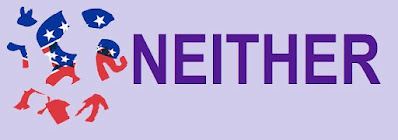[written to be sung to the popular ballad, Admiral Hosier's Ghost]
Forc'd from home, and all its pleasures,
Afric's coast I left forlorn;
To increase a stranger's treasures,
O'er the raging billows borne.
 |
| Frederic Shoberl, 1821 (depicting Virginia, USA) |
Men from England bought and sold me,
Paid my price in paltry gold;
But, though theirs they have enroll'd me,
Minds are never to be sold.
Still in thought as free as ever,
What are England's rights, I ask,
Me from my delights to sever,
Me to torture, me to task?
Fleecy locks, and black complexion
Cannot forfeit nature's claim;
Skins may differ, but affection
Dwells in white and black the same.
Why did all creating Nature
Make the plant*** for which we toil?
Sighs must fan it, tears must water,
Sweat of ours must dress the soil.
Think, ye masters, iron-hearted,
Lolling at your jovial boards;
Think how many backs have smarted
For the sweets*** your cane affords.
Is there, as ye sometimes tell us,
Is there one who reigns on high?
Has he bid you buy and sell us,
Speaking from his throne the sky?
Ask him, if your knotted scourges,
Matches, blood-extorting screws,
Are the means that duty urges
Agents of his will to use?
Hark! He answers!—Wild tornadoes,
Strewing yonder sea with wrecks;
Wasting towns, plantations, meadows,
Are the voice with which he speaks.
He, foreseeing what vexations
Afric's sons should undergo,
Fix'd their tyrants' habitations
Where his whirlwinds answer.**
— William Cowper, 1877; Stanzas 1-5 [English poet, hymnwriter & clergyman]
*The original title of this poem was "The Negro's Complaint." This archaic term was not intended to offend; it was the term used at the time. As you can see, Cowper took the heart and soul of the Black man very seriously.
**Fierce weather in the Caribbean, where many English slaves were sent
More information on Cowper (prounounced "Cooper")
Biographical Info and Quotes of William Cowper
***Sugar cane in the Caribbean









.jpg)

.jpg)
.jpg)
.jpg)

.png)



.jpg)





